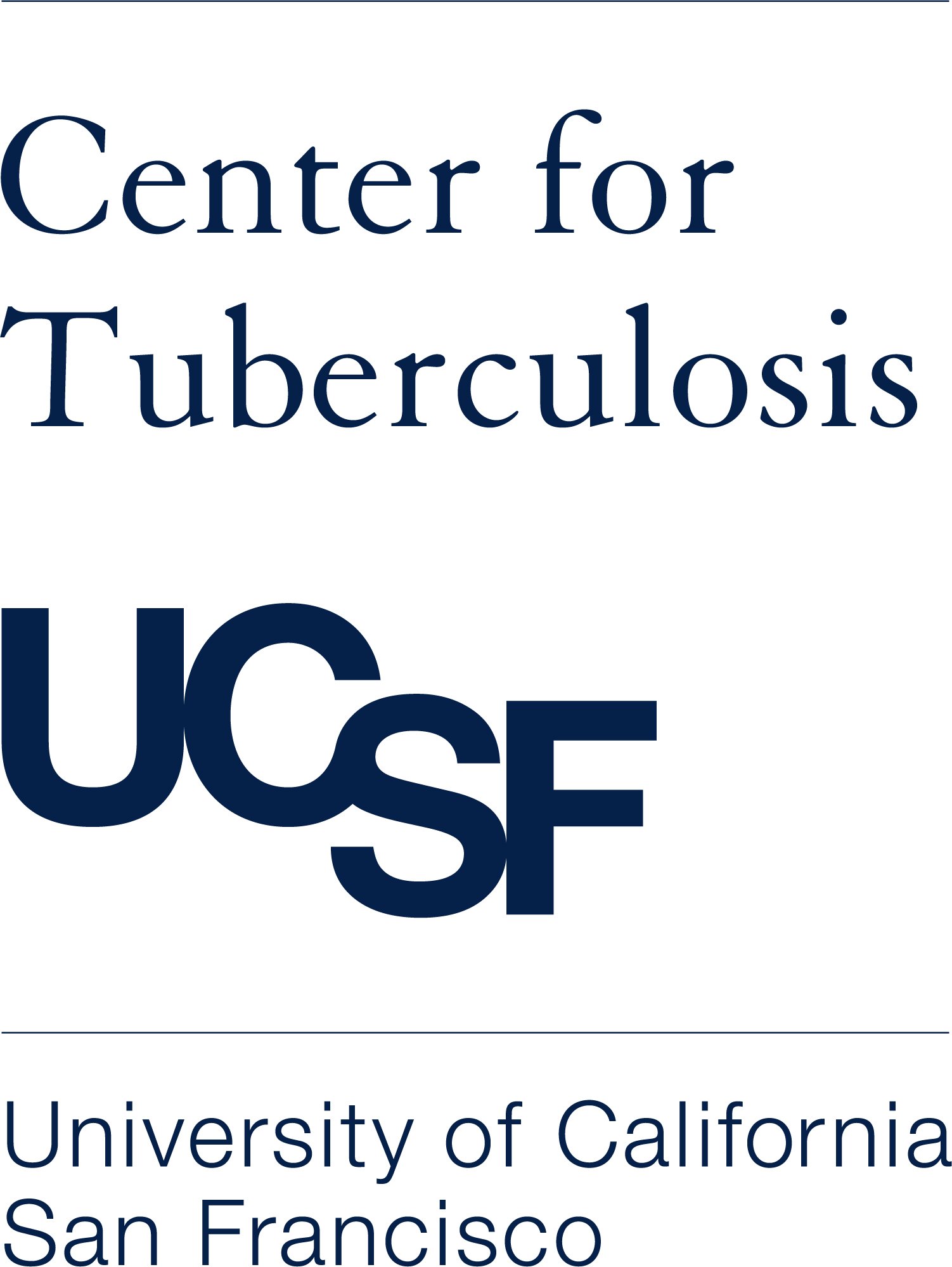UCSF TB Fellows & Trainees
(alphabetical by last name)
Ali Mohamed Ali, PhD: I am working on the development of clinical mechanistic PK/PD-resistance models for malaria prevention and treatment. I want to use physiological based pharmacokinetic models to aid dose optimization in children. Another of my interests is to develop mechanistic PK/PD models to understand the mechanisms of drug resistance in TB patients.
Christopher Berger, MD, MSIMT: I am a clinical fellow in the UCSF Division of Pulmonary and Critical Care Medicine, clinically based at ZSFG. My research focuses on improving tuberculosis screening, diagnosis, and treatment programs globally through the use of implementation science and human-centered design principles. I work with Dr. Adithya Cattamanchi on projects in the Philippines to improve the diagnostic and clinical tools used in MDR and XDR TB and in Uganda designing improved versions of the globally utilized “Directly Observed Therapy” toolkit. I completed my undergraduate degree in international health at the University of Pittsburgh where I went on to complete my MD. I have Masters in tropical medicine and international health from the Universitat Autonoma de Barcelona in Barcelona, Spain.
Marjorie Imperial, BS: I am a PhD candidate in Dr. Rada Savic’s lab working to quantitatively characterize treatment response in drug susceptible and drug resistant TB patients. My research focuses on providing quantitative tools that can be used for more individualized approaches to TB cure and maximize success in late stage clinical trials. Specifically, I have developed risk stratification algorithms and clinical simulation tools used to investigate optimal treatment interventions for stratified populations. Our results have led to two novel Phase 3 trials currently being designed and developed to evaluate principles of stratified medicine for treatment of drug susceptible and multi-drug resistant TB, which is a paradigm-shifting approach to tackling the TB epidemic.
Devan Jaganath, MD: I am a clinical fellow in the UCSF Division of Pediatric Infectious Diseases and Global Health. My interests are in TB diagnostics and childhood TB, and I work with Dr. Adithya Cattamanchi to examine non-sputum biomarker-based TB testing for children in Kampala, Uganda in the END Childhood TB Study.
Andrew Kerkhoff, MD, PhD, MSc: My primary research is focused on characterizing and understanding the reasons for gender-disparities in the tuberculosis (TB) care cascade in Zambia and is being undertaken in collaboration with the Centre for Infectious Disease Research in Zambia (CIDRZ). It is not well-appreciated that globally men account for the majority of new TB cases, ongoing community transmission and TB-related deaths - this is in part underpinned by men’s poorer engagement and retention at each step of the TB care cascade compared to women. Therefore, the goal of my research is to design and implement novel interventions that improve men’s engagement and retention in TB care services in sub-Saharan Africa. I also have a longstanding research interest in identifying improved means for diagnosing HIV-associated TB and remain actively involved in ongoing projects related to the evaluation of novel point-of-care diagnostic assays and improved screening strategies.
Amy Lyden, BS: I am a Research Associate at the Chan Zuckerberg Biohub in the Infectious Disease Initiative. My work at the Chan Zuckerberg Biohub under Emily Crawford involves utilizing and developing a CRISPR-cas12a system, modeled off Jennifer Doudna's DETECTR diagnostic, to identify tuberculosis in patient samples and characterize antimicrobial resistance profiles, in particular in the challenging paucibacillary case of TB meningitis. I am also involved in assay development and implementation of metagenomic next-generation sequencing for pathogen detection, DASH (a CRISPR/Cas9-based targeted depletion method for sequencing) and FLASH (a CRISPR/Cas9-based targeted enrichment method for Illumina next-generation sequencing).
Kendra Radtke, PharmD: I am using computational methods to understand anti-TB drug exposure and response in children. Specifically, my work aims to evaluate how unique child (e.g., HIV infection, malnutrition, age) and disease (e.g., extra-pulmonary TB) characteristics can predict drug pharmacokinetics, pharmacodynamics, and toxicity. I plan to use this information to develop precision dosing algorithms for children with drug sensitive and drug resistant forms of TB that can inform global practice.
Hailey Reeves BA: I have an undergraduate degree in Ecology & Evolutionary Biology from Princeton University where I conducted research on the clinical implications of the Zika virus at a maternal and childcare hospital in Rio de Janeiro, Brazil, studying factors that cause malformations in neonates upon congenital infection with the Zika virus. I recently graduated from UCSF with my MS in Global Health, where my research focused on evaluating health education videos for tuberculosis management in remote Madagascar. I currently work as a Course Assistant for the MS in Global Health program at UCSF.
Natasha Strydom, PhD: I am involved in modeling preclinical data with a current focus on emergence of antimycobacterial resistance. My work aims to integrate with translational models to predict improved treatment outcomes in patients with tuberculosis.
Shoshana Zha, MD, PhD: With previous clinical and research experience in tuberculosis and pharmacology, I joined the UCSF Division of Pulmonary and Critical Care Medicine as a clinical fellow in 2017. My current research is under the combined mentorship of Oren Rosenberg and Joel Ernst, and focuses on the pathogen-host interaction with development of a novel method to analyze mouse infections at unprecedented resolution. Clinically, I am also interested in non-tuberculosis mycobacterium (NTM) pulmonary infections, and am aiding in the development of a focused clinic at UCSF.
Nan Zhang, PhD: I am creating a TB translational platform which will accelerate TB drug discovery and development. This platform includes a mouse-to-human translational pharmacokinetics (PK) – pharmacodynamics (PD) model that describes the bacterial growth in the lung compartment with adaptive immune effect and drug treatment effect using a rich mouse database to improve clinical trial outcome predictions. I use this model to analyze the dose-response and concentration-response relationship of the first-line TB drugs, including rifampin, isoniazid and pyrazinamide, individually and in combinations, to investigate the quantitative contribution of each drug to the whole regimen effect and the interactive relationships of PD between these drugs.
